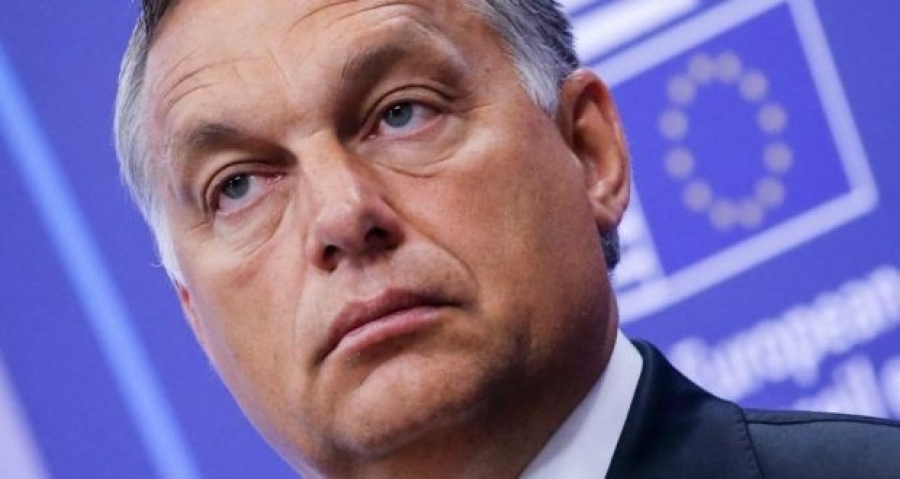In an interview with former Austrian Chancellor Wolfgang Schüssel, Viktor Orbán advocated for Ukraine to serve as a “buffer zone” between Russia and the West, a stance that diverges sharply from conventional wisdom and has significant implications for European stability.
Orbán’s suggestion that Ukraine should remain outside the European Union and NATO, functioning as a buffer zone with certain security guarantees, is deeply troubling.
By essentially consigning Ukraine to a perpetual state of limbo, Orbán undermines the aspirations of the Ukrainian people for European integration and sovereignty.
His assertion that Ukraine’s membership in these alliances is untenable due to its proximity to Russia not only ignores Ukraine’s right to self-determination but also perpetuates a dangerous narrative of appeasement towards Russian aggression.
Furthermore, Orbán’s retrospective analysis of missed opportunities in 2008 neglects the complex geopolitical realities of the time and oversimplifies the challenges of integrating Ukraine and Georgia into Western institutions.
Rather than acknowledging the failure of political leadership and diplomatic efforts, Orbán shifts blame onto vague external factors, such as Russia’s growing influence.
This revisionist narrative serves to absolve Orbán and his contemporaries of accountability for their role in shaping the current geopolitical landscape.
Orbán’s pragmatism regarding a ceasefire in Ukraine raises concerns about his commitment to upholding international norms and principles of conflict resolution.
By framing a ceasefire as a temporary measure contingent upon broader geopolitical considerations, Orbán effectively downplays the urgency of ending the humanitarian crisis in Ukraine and finding a sustainable solution to the conflict.
His emphasis on realpolitik and power dynamics risks further destabilizing the region and prolonging the suffering of the Ukrainian people.
Moreover, Orbán’s scepticism towards diplomatic negotiations with Russia reflects a dangerous naivety regarding the Kremlin’s intentions and capabilities.
By advocating for a pragmatic approach that prioritizes appeasement over principled diplomacy, Orbán undermines the credibility of Western efforts to uphold international law and defend the sovereignty of Ukraine.
His insistence on viewing geopolitics through a lens of power dynamics neglects the fundamental values of democracy, human rights, and the rule of law that underpin European security and stability.
In conclusion, Viktor Orbán’s interview highlights the need for a critical reassessment of his approach to European security and his vision for the future of Ukraine.
His provocative statements and revisionist narrative risk undermining the principles of international cooperation and solidarity that are essential for maintaining peace and stability in the region.
As Hungary prepares to assume the presidency of the EU Council, it is imperative that Orbán’s rhetoric be scrutinized and challenged to ensure that European values and interests are upheld in the face of growing geopolitical tensions.
______________________________________________________________________________________________________________________________________

Read also: Putin’s “Trojan horse” in the EU Viktor Orban criticises sanctions against Russia.
______________________________________________________________________________________________________________________________________

Follow EU Today on social media:
Twitter: @EU_today
@EU_sports
Facebook: https://www.facebook.com/EUtoday.net/
https://www.facebook.com/groups/968799359934046
YouTube: https://www.youtube.com/@eutoday1049







